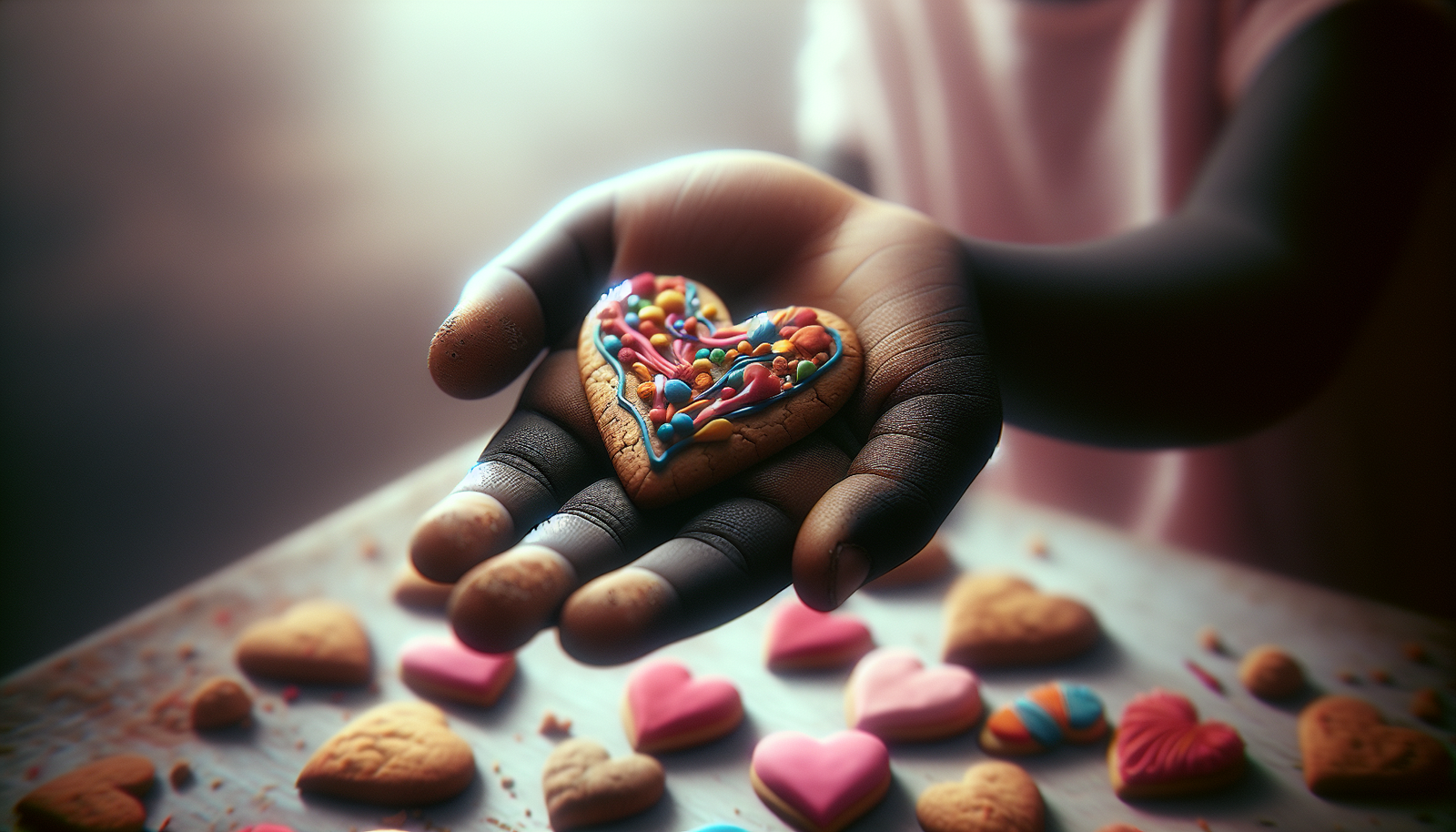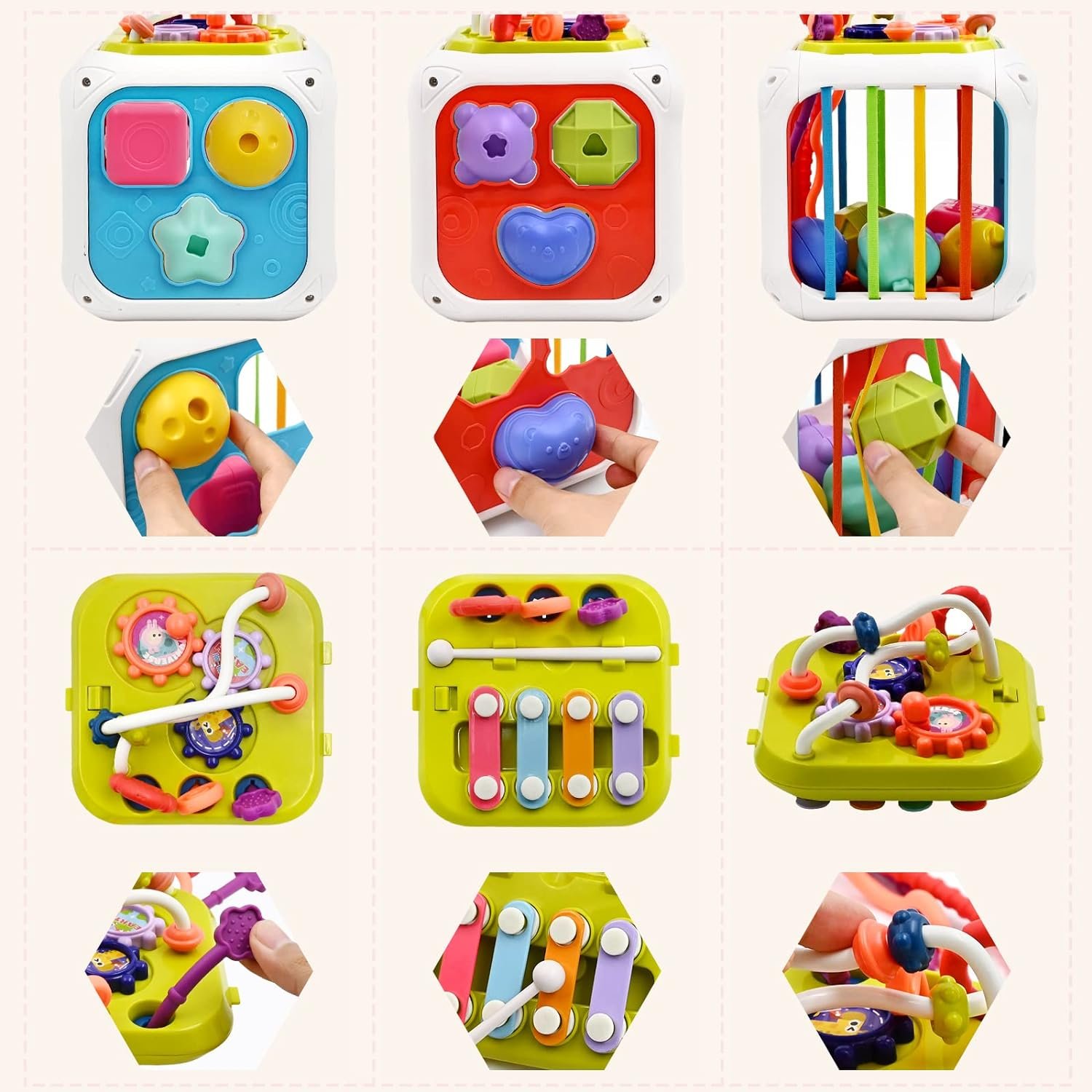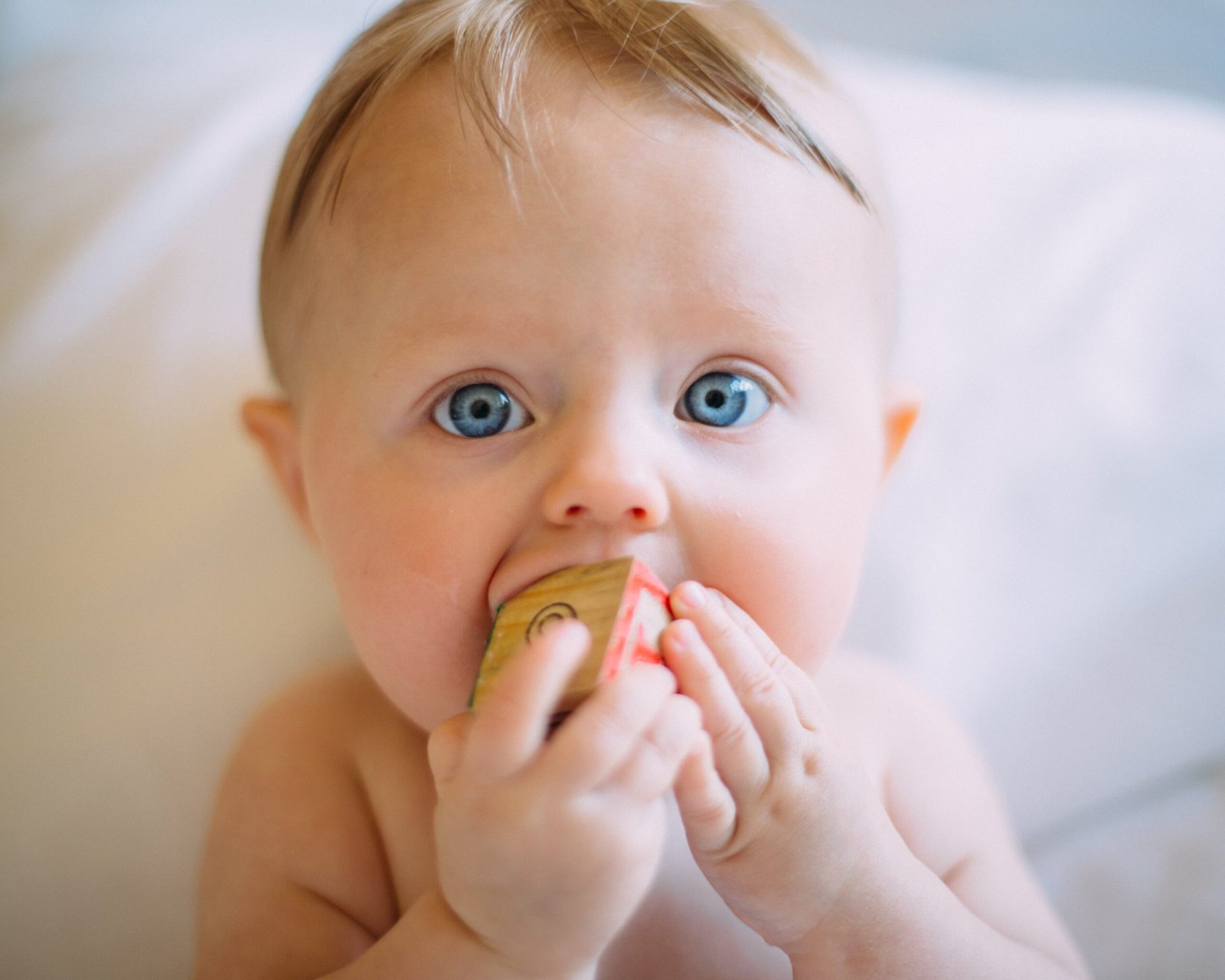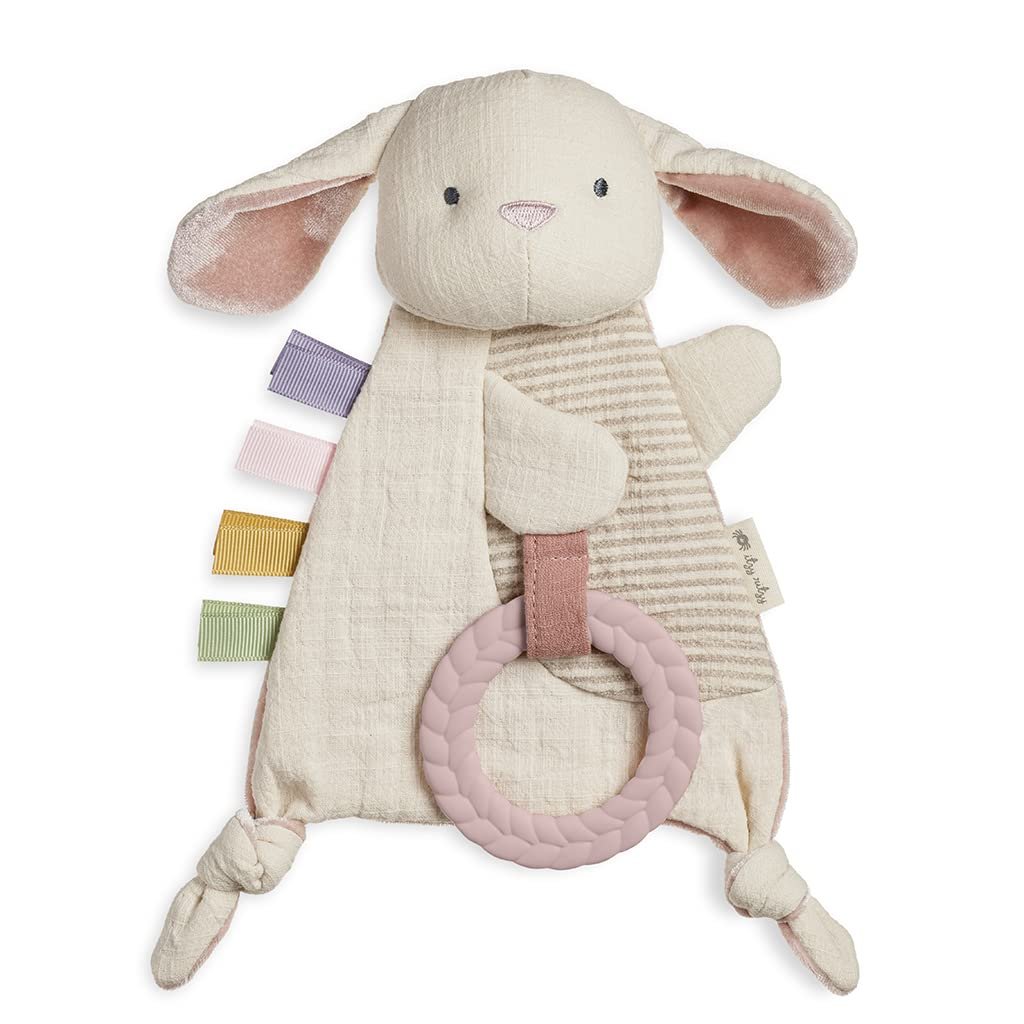In the article “What To Do If Your Child Is Mean To Their Friends,” parents are provided with guidance on how to handle the situation when their child exhibits mean behavior towards their peers. It acknowledges the distressing nature of such behavior and emphasizes the importance of understanding its underlying causes. The article suggests strategies for parents to support their child, including helping them identify when they’re being mean and why it’s wrong, refraining from reacting negatively, modeling kind behavior, highlighting positive qualities, improving empathy, offering unconditional love, and cultivating a gratitude attitude. By implementing these strategies, parents can effectively address their child’s mean behavior, promote positive relationships, and safeguard their child’s emotional well-being.
Why is My Child Mean to Their Friends?
Being a parent can be challenging, especially when you witness your child being mean to their friends. It can be particularly distressing, as parents often want to raise kind and compassionate children. Understanding why children exhibit mean behavior towards their friends is essential in order to address it effectively. While it may be normal for children to engage in such behavior as they grow and develop, there may be underlying factors contributing to their meanness. By identifying these factors and implementing strategies to address them, parents can help their child learn empathy and kindness, ultimately shaping them into better individuals.
Read more about the latest articles
Help Them Identify When They’re Mean and Why It’s Wrong
The first step in addressing your child’s mean behavior is to help them recognize when they are being mean and why it is wrong. Instead of reacting impulsively, it is important to create a safe and calm environment for discussion. Encourage open dialogue about their feelings and explore the triggers that may have led to their mean behavior. By understanding the underlying emotions that contribute to their meanness, you can help them develop alternative ways of responding to similar situations in the future.
Read more about the latest articles
Don’t React Negatively To Your Child Being Mean To Their Friends
While it can be tempting to react negatively when your child is mean to their friends, it is crucial to avoid responding with anger or blame. Reacting in such a manner may make your child feel ashamed or reinforce the idea that being mean is an acceptable response to strong emotions. Instead, approach the situation with understanding and patience. By demonstrating calmness and empathy, you create an environment where your child feels safe to express their emotions and work towards better behavior.
Model Kind Behavior
Children learn through observation, so it is important for parents to model kind behavior in their own interactions. Pay attention to how you treat your child and how you interact with others. Are you displaying respectful and compassionate behaviors? By setting a positive example, you can teach your child the importance of treating others with kindness and empathy.
Find the Positives
When addressing your child’s mean behavior, it is crucial to focus on the positives as well. While consequences may be necessary, highlighting your child’s positive qualities is equally important. Creating a counterbalance between addressing negative behavior and acknowledging their positive qualities can prevent your child from internalizing the belief that they are inherently bad. By catching them being good and praising their positive actions, you encourage them to continue displaying kind behavior and foster a sense of self-worth.
Improve Their Empathy
Empathy is a crucial skill for understanding the feelings of others and developing healthy relationships. If your child is mean to their friends, it may be because they struggle to understand things from others’ perspectives. To improve their empathy, engage in activities that encourage them to consider others’ feelings and experiences. Ask them questions about how they think a character feels in a book or show empathy towards people of different backgrounds and cultures. By expanding their circle of concern and encouraging them to think beyond their own experiences, you can help them develop a greater understanding and empathy towards others.
Offer Unconditional Love
Unconditional love is a powerful tool in shaping a child’s behavior. When your child feels accepted and loved unconditionally, they are more likely to display love and kindness towards others. By accepting them for who they are and allowing them to pursue their interests, you contribute to their self-esteem and positive relationships. Children who experience higher self-esteem and positive relationships are less likely to engage in mean behavior, as they have a strong foundation of emotional well-being.
Have a Gratitude Attitude
Gratitude plays a significant role in fostering a positive mindset, making good decisions, and developing healthy relationships. Encourage your child to practice gratitude by helping them recognize and appreciate the good things in their life. By cultivating gratitude, your child is less likely to engage in mean or cruel behavior as a response to negative experiences. Gratitude promotes kindness, compassion, and positive interactions with others.
In conclusion, it can be distressing for parents when their child exhibits mean behavior towards their friends. However, understanding why children engage in such behavior and implementing strategies to address it can help shape them into kinder individuals. Through open communication, modeling kind behavior, focusing on positive qualities, fostering empathy, offering unconditional love, and promoting gratitude, parents can guide their children towards cultivating healthier and more compassionate relationships. Remember, if mean behavior persists despite your efforts, seeking guidance from a trusted health professional may be beneficial in understanding any underlying issues.















